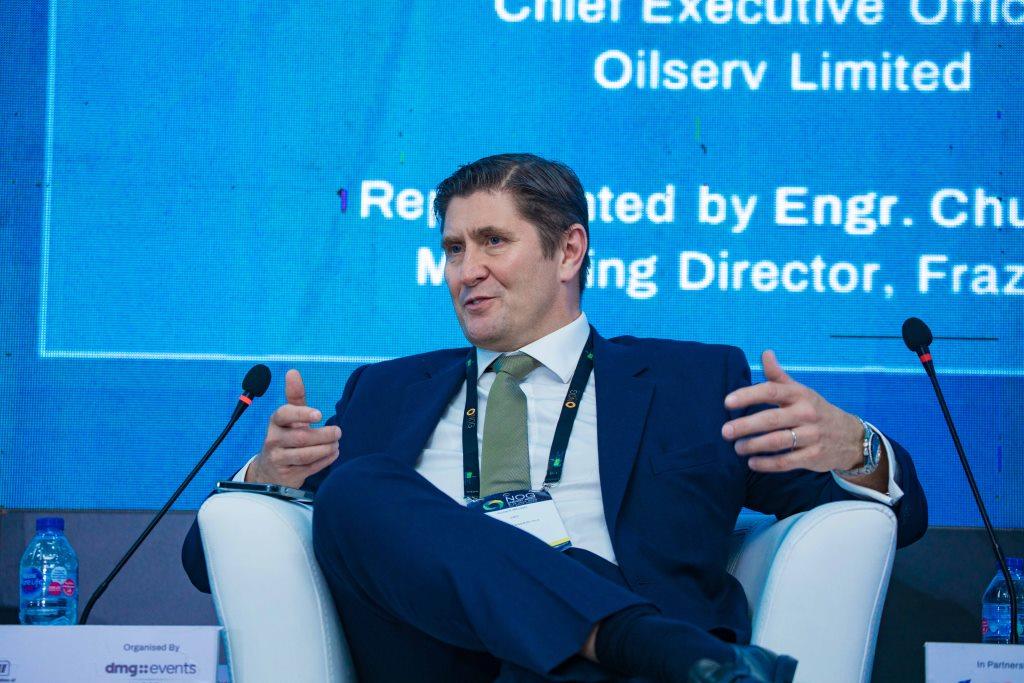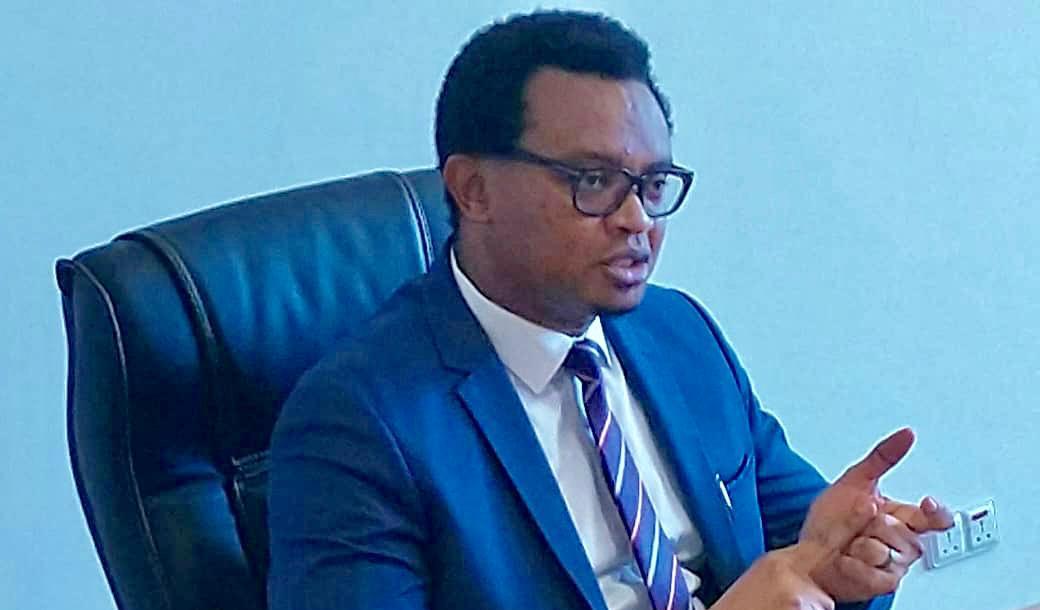A new lead that will ensure the seamless distribution of petroleum products nationwide has been advocated by the Director General of Lagos Chamber of Commerce and Industry (LCCI), Mr. Muda Yusuf.
In an interview, he regretted why the federal government that came for ‘Change’ is still encouraging haulage of petroleum products on roads than the pipelines which has been the practice worldwide.
Business Hilights recalls that President Muhammadu Buhari built the currently poorly maintained petroleum pipelines that criss-crossed the federation and Kaduna Refinery to ease products distribution when he was Military Head of State in 1983. The collpase of the petroluem pipelines gave credence to the proliferation of tank farms dotting all the costal states of Lagos, Ogun, Bayelsa, Rivers Akwa Ibom and Cross Rivers, thus giving rise to the intractable jump in traffic gridlocks within the states and inccesant fuel tanker explosion and infernos.
He said “We need a more efficient distribution system. Many years ago, we invested heavily in pipelines that would make distribution easy either from the ports or the refineries. But the pipelines have not been maintained; there have been no investment in them. Again, it is because it is government that is sitting on those investments. Now, the refineries are not working well.
“We need to deal with this issue in a more holistic manner. What we are seeing are symptoms of the structure that is defective. The government cannot continue to treat PMS as if it is a social product; even education, which is a social product, the private sector is playing a big role in it. So, why must you sit on PMS and you have a situation where only the NNPC is importing?”
To return life in the petroleum product marketing and distribution system, he said the private sector should be allowed to play a bigger role in importation, refining, distribution and marketing of petroleum products, and all other activities in the downstream sector.
According to him, “It’s unfortunate that we are having fuel queues back. But there is a very fundamental problem with our petroleum downstream sector, and the problem is that it is over-regulated. You cannot have a sector as big as that serving our size of population and we expect only the government provider to be supplying fuel. It is not a sustainable model.
“So, there is an urgent need to push back the role of government in the issue of retailing fuel, importing fuel and all of that. Right now, it is only the NNPC that is importing PMS. Such a thing cannot be efficient; it creates room for all manner of abuses, some of which the marketers cannot disclose because of their own businesses.”









